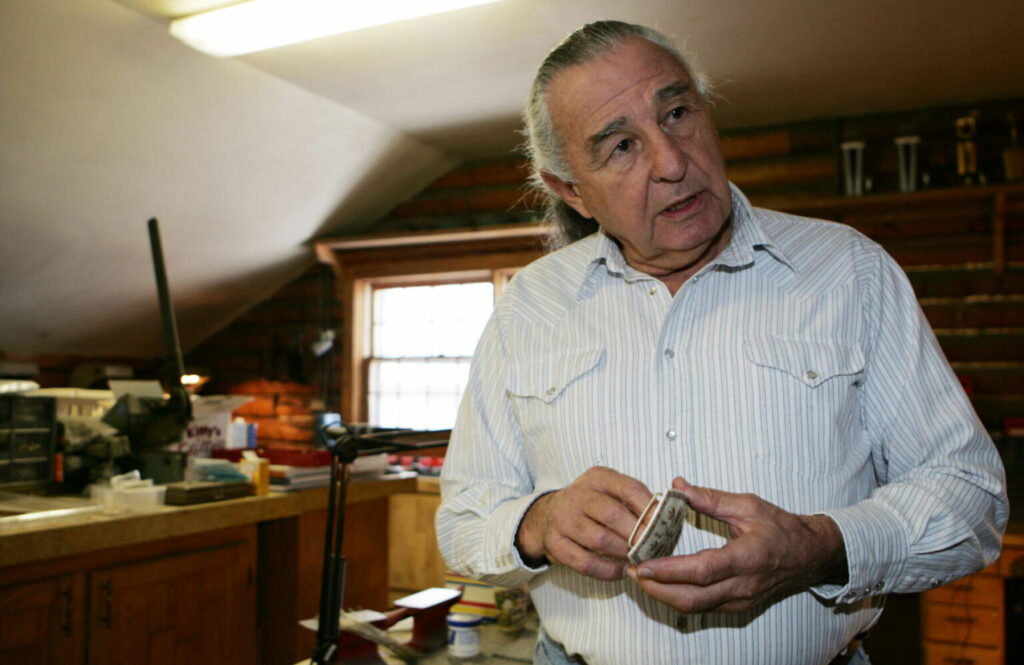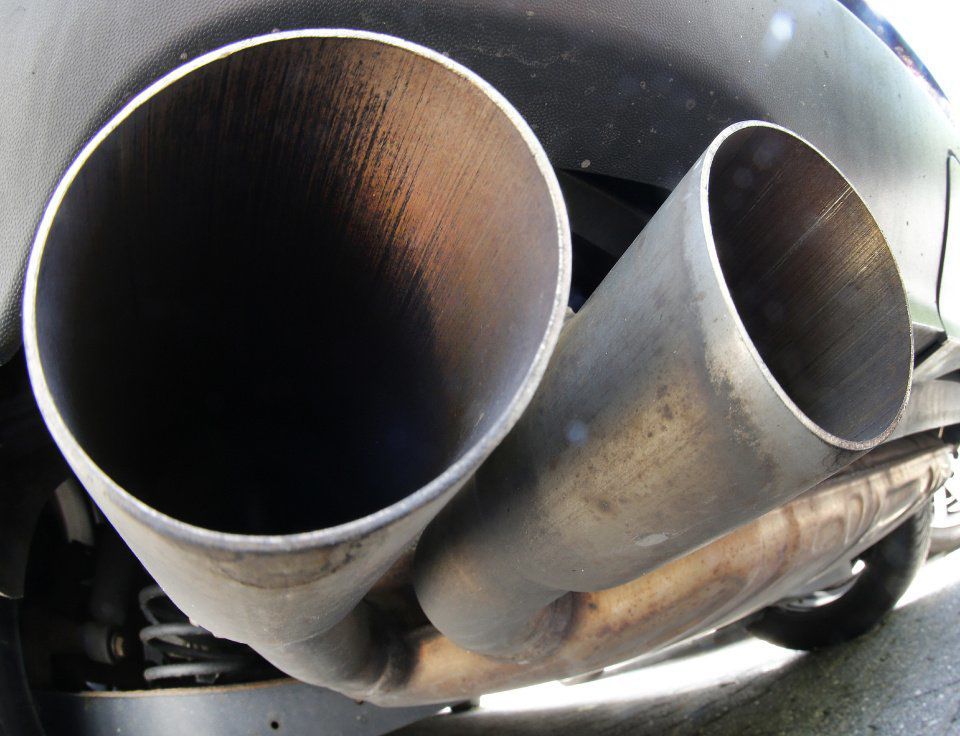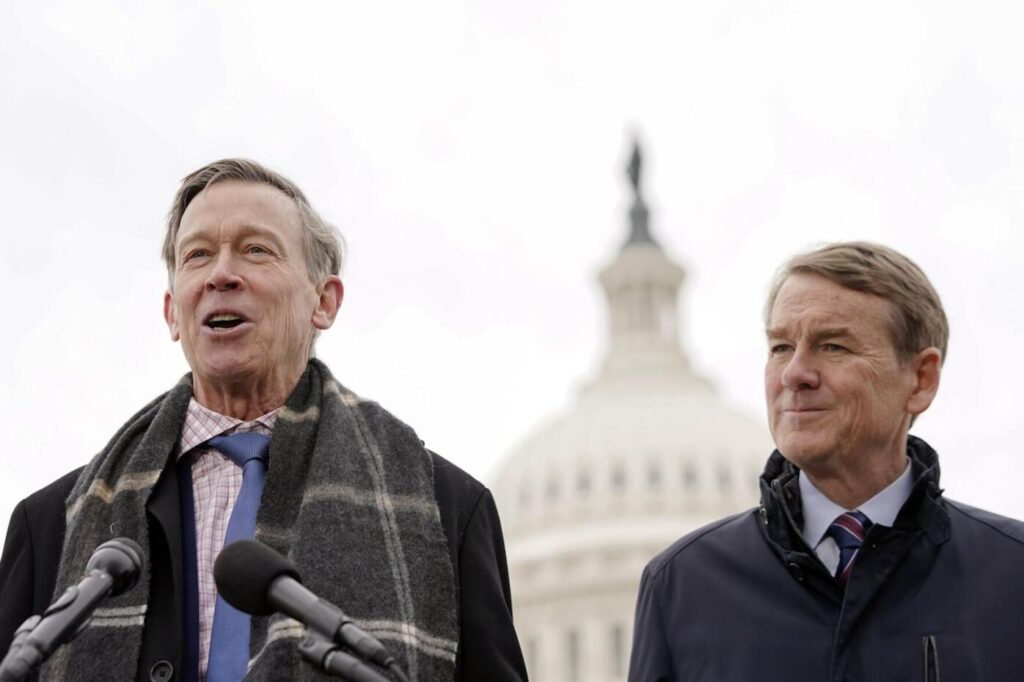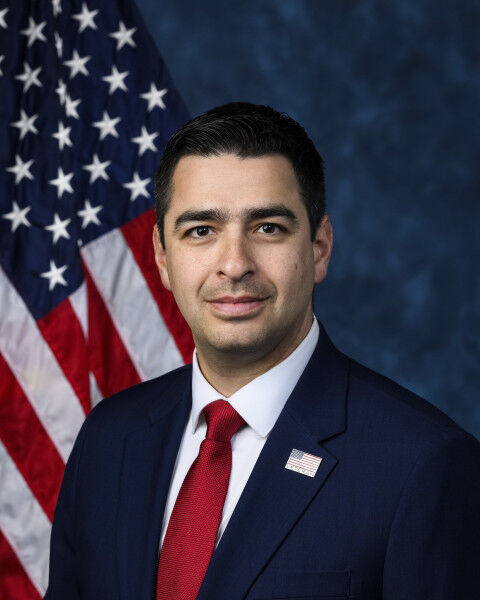Colorado legislature sends permanent daylight saving time bill to Gov. Jared Polis
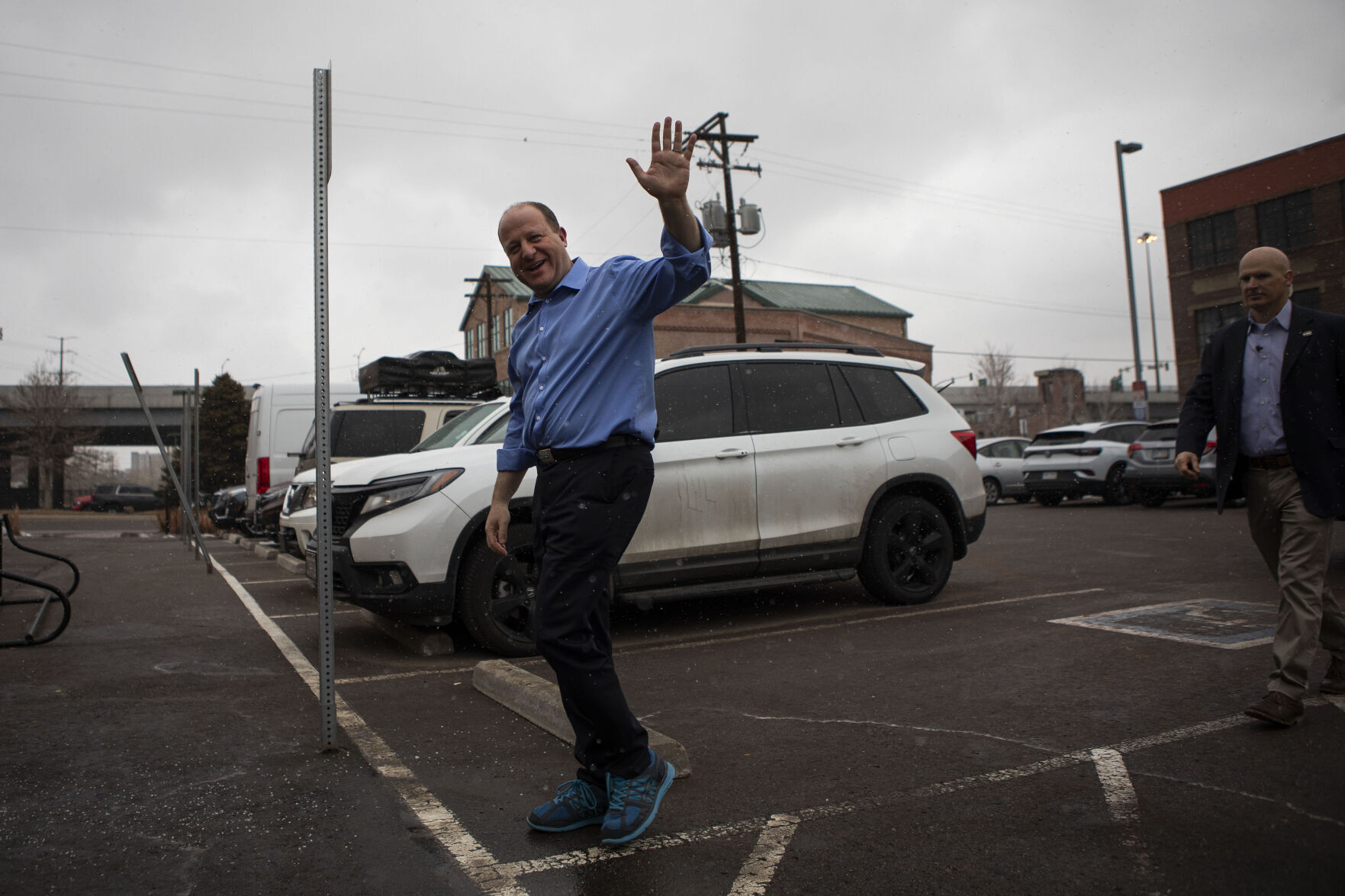
Permanent daylight saving time could become a reality in Colorado after the state legislature approved the change Tuesday, sending the bill to Gov. Jared Polis for final consideration.
If signed into law, House Bill 1297 would make daylight saving time year-round if federal law is changed to allow states to do so and if four other states in the Mountain Time Zone also make the switch. The bill received bipartisan support in both the state House and Senate this month.
“I just want the madness to end. That’s all I want,” said Sen. Jeff Bridges, D-Greenwood Village, who is sponsoring the bill. “I want to lock the clocks, not change them twice a year. Time is time, why are we messing with it?”
The state Senate passed the bill in a 27-7 vote Tuesday, following the House’s 50-12 approval on April 1. The bill received bipartisan support and opposition in both chambers.
Most of the debate on the bill was not about whether the state should stop the biannual clock switching, but about whether to stick with year-round daylight saving time or year-round Mountain Standard Time.
Another bill, Senate Bill 135, aims to create a statewide ballot measure to leave Colorado in standard time year-round. A Senate panel discussed SB-135 on March 1 but skipped voting on the bill and has yet to reschedule the vote. Bridges – who also sponsored SB-135 – previously told Colorado Politics that it’s most likely only one of his clock-locking bills would pass the legislature.
“For folks that have to work in the morning outdoors to start off their day, we are making that harder,” said Sen. Kerry Donovan, D-Vail, who voted against HB-1297. “We are making school bus rides darker and we are making people who get to work earlier darker.”
Supporters of permanent daylight saving time said it would allow people to spend more time outdoors in the evenings, increasing mental and physical health while also boosting spending at local shops and restaurants.
Despite the conflict between standard and daylight saving time, legislators were clear that they wanted to end the switch once and for all.
By disrupting sleep schedules, the biannual time change results in more overall deaths from heart attacks, traffic accidents and suicides, according to several studies. Though it’s against federal law for states to implement year-round daylight saving time, 18 states have passed legislation to make daylight saving time year-round if Congress allows it.
“The worst solution is to stay with what we have,” said Sen. Chris Holbert, R-Douglas County, who said he supports both bills. “It’s not nature, it’s not ordained by God, we figured out a ‘better’ way to do it and I’m here to say, it isn’t. It’s silly.”
Colorado lawmakers have tried for more than 30 years to end the flipping back and forth between standard time and daylight saving time, beginning in 1988 with then-Sen. Bill Schroeder, R-Morrison. Since 2015, legislators have offered seven different bills and ballot proposals to make standard time or daylight saving time year-round, all of which were killed in committee.
HB-1297’s success is largely thanks to long-time opponents from the skiing and tourism industries going neutral on the bill with the amendment that four other states in the Mountain Time Zone adopt permanent daylight saving time before Colorado’s change can go into effect. They argued that this would prevent competition from nearby ski industries.
Three eligible states – Utah, Montana and Wyoming – are already on board. This means, if the federal government gives the OK, only one more state has to adopt daylight saving time: Arizona, New Mexico or southern Idaho.



